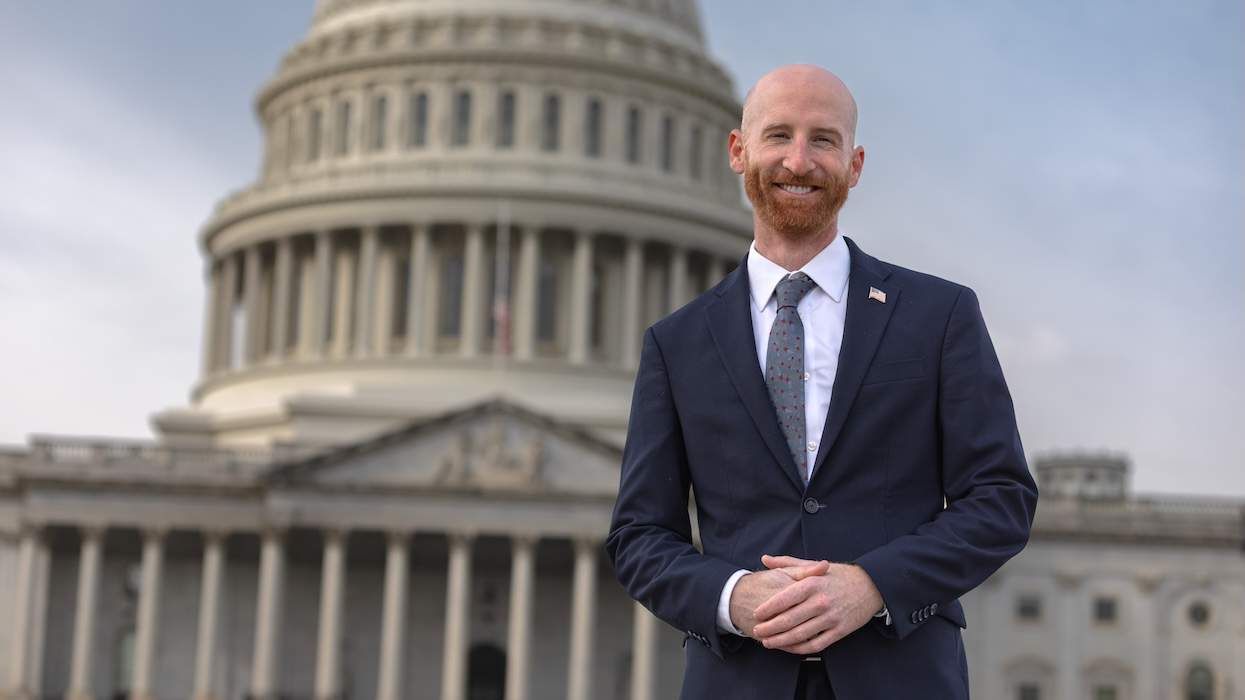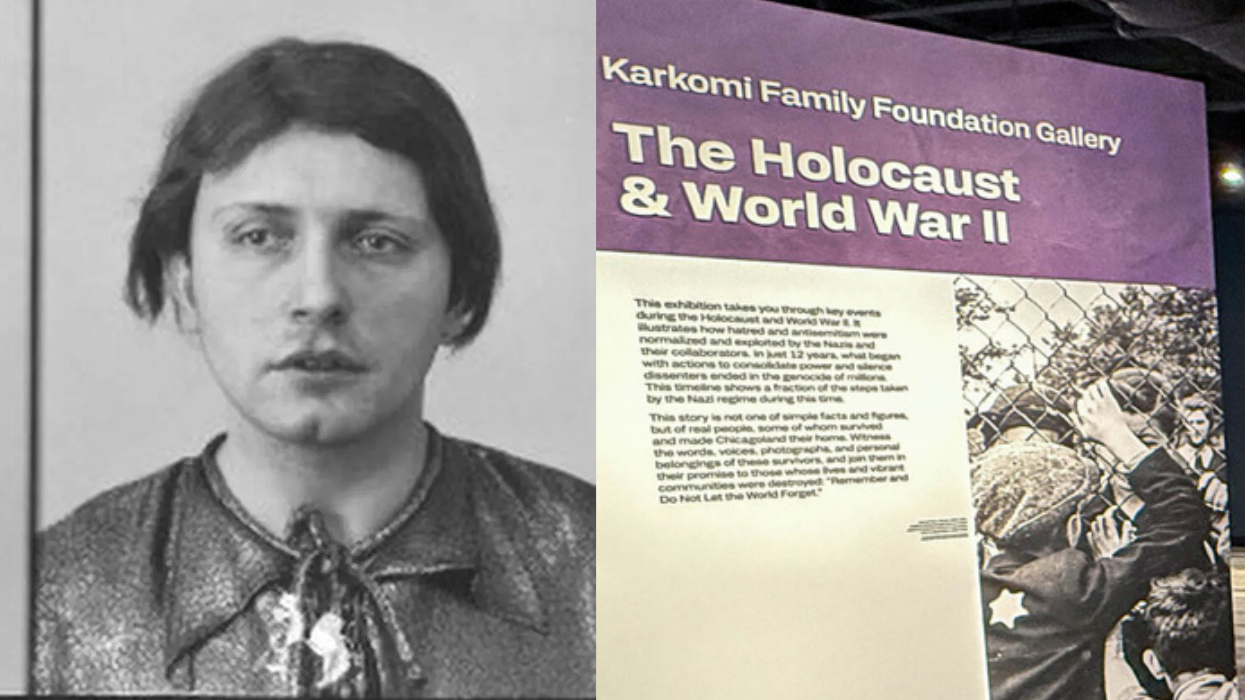Male circumcision
significantly reduces the risk of acquiring HIV in
young African men, according to a study by University of
Illinois at Chicago researchers.
The study
enrolled 2,784 HIV-negative, uncircumcised men between
age 18 and 24 in Kisumu, Kenya, where an estimated 26%
of uncircumcised men contract HIV by age 25. Half of
the study participants were then circumcised. Over the
next two years, results showed that 47 of the 1,391
uncircumcised men contracted HIV, compared with 22 of the
1,393 circumcised men.
"Our study shows
that circumcised men had 53% fewer HIV infections than
uncircumcised men," said University of Illinois professor of
epidemiology Robert Bailey in a statement. "We now have very
concrete evidence that a relatively simple surgical
procedure can have a very large impact on HIV."
Researchers add,
however, that uncircumsized men may feel they are
protected from becoming infected and therefore may be more
likely to engage in risky sexual behavior.
"Circumcision is
by no means a natural condom," said Bailey. "We do
know that some circumcised men become infected with HIV. But
we did find that the circumcised men in our study did not
increase their risk behaviors after circumcision. In
fact, all men in the trial increased their condom use
and reduced their number of sexual partners." (The
Advocate)




































































Charlie Kirk DID say stoning gay people was the 'perfect law' — and these other heinous quotes